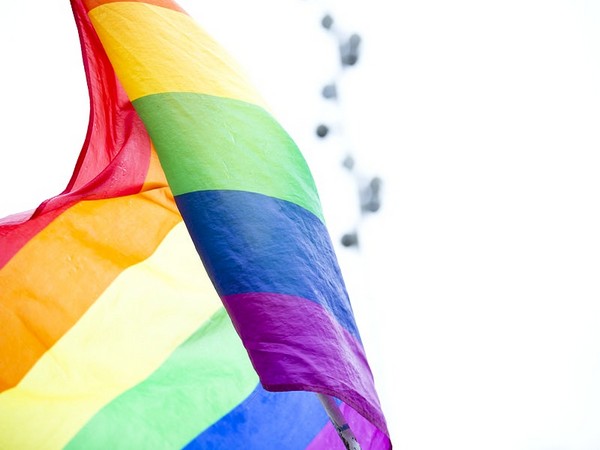

The restriction and classification of media content with LGBTQ themes will be continued by the Singapore government even after its planned decriminalization of same-sex relationships, they have announced.
According to Variety, Singapore’s Prime Minister Lee Hsien Loong on Sunday announced the move to repeal a colonial-era law that criminalized sex between men. Introduced in 1938, the law, Section 377A of the Penal Code, established a two-year jail term for “any act of gross indecency” between two men, either in public or private.
LGBTQ media content will continue to warrant higher age ratings, even after the repeal of 377A, the Ministry of Communications and Information stated on Monday. “We will continue to take reference from prevailing norms. LGBTQ media content will continue to warrant higher age ratings,” the MCI said in a statement of clarification.
Following the announcement that this law had been repealed, London-based Singaporean filmmaker Anthony Chen commended the move by tweeting, “Long overdue but well done Singapore.”
The law was used as justification for police raids of gay-owned businesses and street arrests until about a decade ago. Though it has been rarely enforced since 2010, it continues to inform tough anti-LGBTQ policy in media and entertainment.
Singapore’s Films Act does not permit content that is deemed “promotion of homosexuality” or content with “excessive depiction of sexual activity between individuals of the same gender”. The country’s InfoComm Media Development Authority, which oversees the sector, operates a content code that targets films that depict “alternative sexualities,” such as homosexuality, as to “be sensitive to community values.”
“Films that center on alternative sexualities may be classified at (the) highest rating of R21. Non-explicit depictions of sexual activity between persons of the same gender may be featured at R21 rating,” the code says. That would restrict viewing to adults older than 21.
A lower rating of M18 (allowing viewing by people older than 18) may be applied where the homosexual themes or content are a subplot, “if discreet in treatment and not gratuitous,” the IMDA code states, as per Variety.
Lee’s plans also include amending Singapore’s constitution to protect the current heterosexual definition of marriage from being challenged in court. It means that the country’s dominant public broadcaster is prohibited from carrying positive portrayals of queer characters.
“Many national policies rely upon this definition of marriage — including public housing, education, adoption rules, advertising standards, film classification. The government has no intention of changing the definition of marriage, nor these policies,” said Lee.
Law minister K. Shanmugam stated on Monday that Lee’s approach is not intended to enshrine heterosexual marriage in the country’s constitution, but rather to protect that working definition from legal challenge.
The continuing media restrictions and the proposed new obstacle in the path of legitimizing legal same-sex marriages mean that many people in Singapore regard the new repeal of 377A as only a small step for LGBTQ rights. Non-governmental organization Human Rights Watch called the move a “mixed message,” reported Variety.
Singapore’s rating board had limited Disney’s ‘Lightyear’ to those aged 16 and above in June, citing its depiction of a kiss between two female characters. Previously, the National Library Board had withdrawn a children’s book that included a same-sex penguin couple. However, the ban was later reversed and the title instead placed on the adult list, as per Variety.